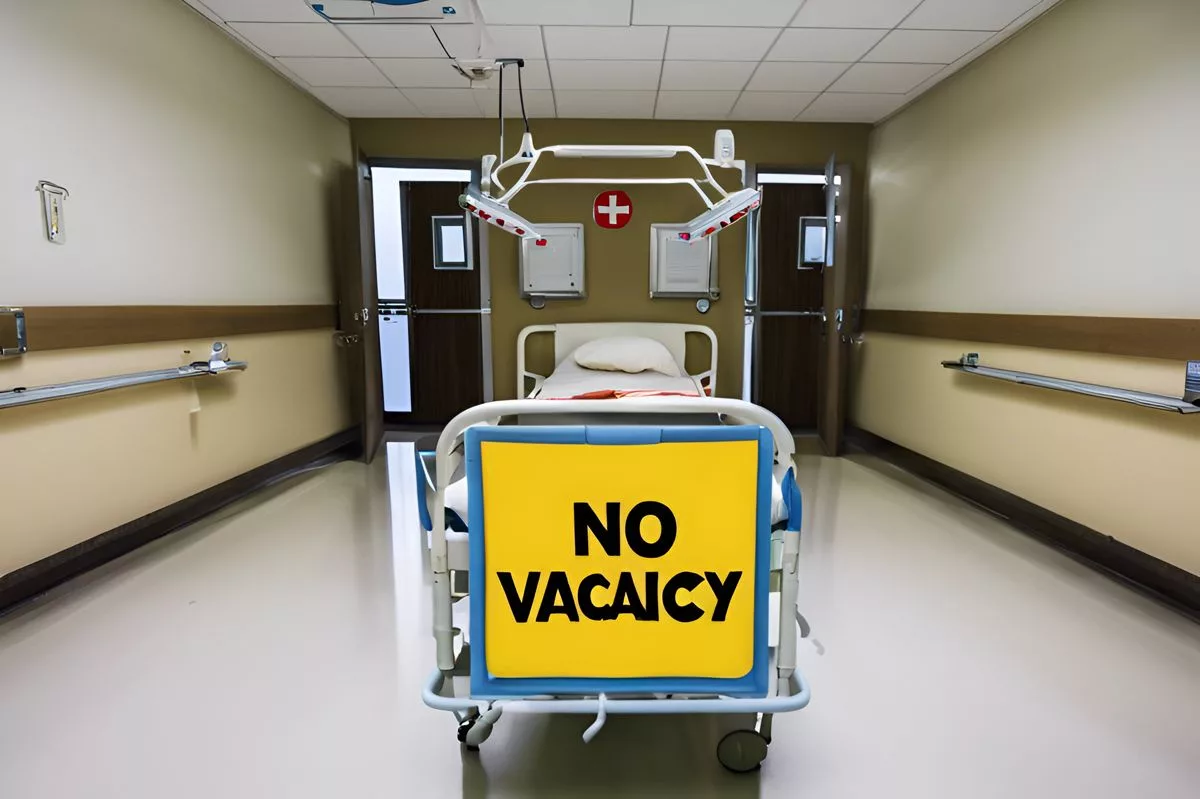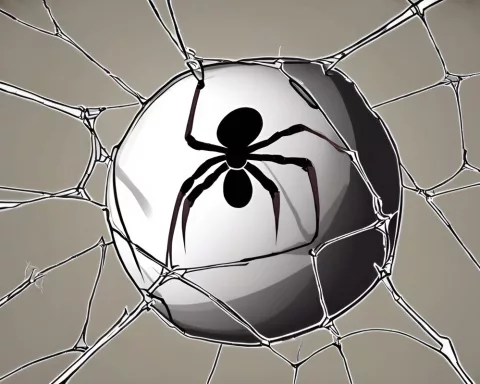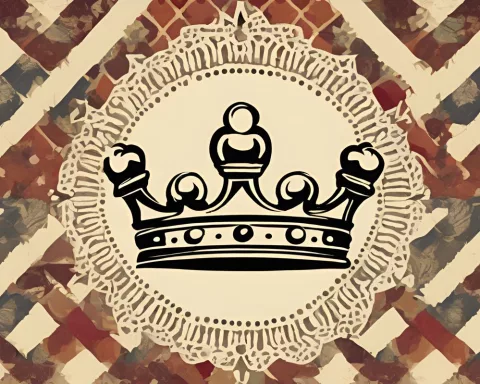Cape Town’s health sector is in crisis due to a freeze on hiring essential medical personnel, leading to staffing challenges and difficulties in filling shift rosters. This is impacting patient care and waiting times in leading hospitals, which are struggling with vacancies across all departments. Financial distress compounds these staffing woes, with budget cuts leading to fears of a permanent reduction in medical posts and potential cataclysmic effects on the provinces. There are growing concerns about the uncertainty surrounding the duration of the hiring freezes and the possibility of a permanent reduction in medical posts. A sustainable solution is urgently needed to prevent further degradation of an already weakened health system.
What is the crisis in Cape Town’s health sector?
Cape Town’s health sector is facing a major crisis due to a widespread freeze on hiring essential medical personnel, resulting in staffing challenges and difficulties in filling shift rosters. This crisis is impacting patient care and waiting times in leading hospitals such as Groote Schuur and Red Cross Children’s Hospitals, which are struggling with vacancies across all departments. Moreover, these staffing woes are further compounded by financial distress, with budget cuts and hiring freezes leading to fears of a permanent reduction in medical posts and potential cataclysmic effects on the provinces.
Staffing Woes and the Impact on Patient Care
Cape Town’s health sector is in disarray as a widespread freeze on hiring essential medical personnel continues to plague its leading hospitals. Notably, health practitioners at Groote Schuur and Red Cross Children’s Hospitals are feeling the strain most as they grapple with staffing challenges. According to senior officials who wished to remain anonymous, the crunch is leading to difficulties in filling shift rosters, which in turn may negatively affect patient care and waiting times.
One of the largest government institutions in the Western Cape, Groote Schuur Hospital, along with Red Cross Children’s Hospital, touted as the largest pediatric hospital in Sub-Saharan Africa, are particularly feeling the bite of this crisis. A senior manager at Groote Schuur revealed to GroundUp that the situation is so dire that almost half of the medical officer positions in the medicine department remain unfilled. Moreover, a plethora of vacancies, from nursing posts to operational positions, stand vacant.
Financial Struggles and the Future of Health Services
These staffing woes are further compounded by financial distress, as highlighted by a Daily Maverick report. The two hospitals are grappling with a huge budget deficit exceeding R300 million for the fiscal year 2023/2024. The Western Cape Department of Health has also decided to scale back services for a month across December and January, adding to the financial plight. In the midst of these challenging circumstances, hospital managers were directed to cut spending on consumables by half.
The year 2023 ushered in even more stringent measures with deep cuts made to the conditional grants that fund these hospitals. In the middle of the year, the National Treasury declared hefty austerity measures, including a R21 billion reduction in national government spending for the fiscal year 2023/24. By August, the Treasury was advocating for hiring freezes and other cost curtailment measures for the next fiscal year.
Provincial Differences and the Crisis’s Potential Impact
Intriguingly, how these measures have been implemented differs from province to province. While the Eastern Cape has embraced hiring freezes, it has excluded clinical staff from the freeze. As of May 2022, the Western Cape had a medical post vacancy rate of 5%, compared to 14% in the Eastern Cape, 20% in Gauteng, and a shocking 28% in KwaZulu-Natal. Health experts are deeply worried about the potential cataclysmic effects of these budget cuts and hiring freezes on the provinces.
Indeed, there are rising concerns among officials at Groote Schuur and Red Cross about the uncertainty surrounding the duration of the hiring freezes and the possibility of a permanent reduction in medical posts. High-ranking officials have voiced fears that these hiring freezes are on the verge of undoing years of government investment in expanding the capacities of these hospitals.
Emerging Challenges and the Path Forward
This stalemate has created a particularly tough situation for newly minted doctors who need to secure a registrar post in a public facility to specialize. With these posts frozen in the Western Cape, the road to specialization has become almost non-existent. Hospital managers disclosed that some medical officers have opted to resign to seek registrar posts in other provinces or even abroad.
The apprehension is growing that if the hiring freezes extend to primary and secondary care facilities, it will lead to a surge in referrals to hospitals, thereby increasing the pressure on an already beleaguered tertiary health system. Dwayne Evans, the spokesperson for the Western Cape Department of Health, stated that 820 nursing posts and 441 doctor positions are ‘slated to be filled soon,’ while assuring that the department is committed to alleviating the impact on patients.
The National Department of Health and the National Treasury have yet to provide a clear response to these concerns, leaving healthcare providers, administrative personnel, and patients in a state of unease. This crisis highlights the urgent need for a holistic and sustainable solution to prevent further degradation of an already weakened health system in South Africa.
1. What is causing the crisis in Cape Town’s health sector?
The crisis in Cape Town’s health sector is primarily due to a widespread freeze on hiring essential medical personnel, resulting in staffing challenges and difficulties in filling shift rosters. This is impacting patient care and waiting times in leading hospitals, which are struggling with vacancies across all departments. Financial distress compounds these staffing woes, with budget cuts leading to fears of a permanent reduction in medical posts and potential cataclysmic effects on the provinces.
2. Which hospitals in Cape Town are affected by the staffing challenges?
Hospitals such as Groote Schuur and Red Cross Children’s Hospitals are particularly feeling the bite of this crisis. According to senior officials who wished to remain anonymous, the crunch is leading to difficulties in filling shift rosters, which in turn may negatively affect patient care and waiting times.
3. What is the extent of the financial struggles in Cape Town’s health sector?
The two hospitals, Groote Schuur and Red Cross Children’s Hospitals, are grappling with a huge budget deficit exceeding R300 million for the fiscal year 2023/2024. The Western Cape Department of Health has also decided to scale back services for a month across December and January, adding to the financial plight. In the midst of these challenging circumstances, hospital managers were directed to cut spending on consumables by half.
4. What is the potential impact of the crisis on the provinces?
Health experts are deeply worried about the potential cataclysmic effects of these budget cuts and hiring freezes on the provinces. Rising concerns among officials at Groote Schuur and Red Cross about the uncertainty surrounding the duration of the hiring freezes and the possibility of a permanent reduction in medical posts.
5. How is the crisis affecting the career paths of newly minted doctors?
This stalemate has created a particularly tough situation for newly minted doctors who need to secure a registrar post in a public facility to specialize. With these posts frozen in the Western Cape, the road to specialization has become almost non-existent. Hospital managers disclosed that some medical officers have opted to resign to seek registrar posts in other provinces or even abroad.
6. What is being done to address the crisis?
Dwayne Evans, the spokesperson for the Western Cape Department of Health, stated that 820 nursing posts and 441 doctor positions are ‘slated to be filled soon,’ while assuring that the department is committed to alleviating the impact on patients. The National Department of Health and the National Treasury have yet to provide a clear response to these concerns, leaving healthcare providers, administrative personnel, and patients in a state of unease. This crisis highlights the urgent need for a holistic and sustainable solution to prevent further degradation of an already weakened health system in South Africa.












